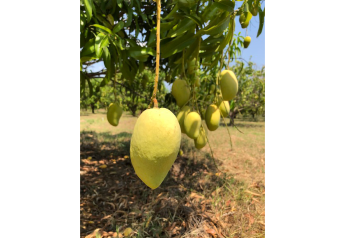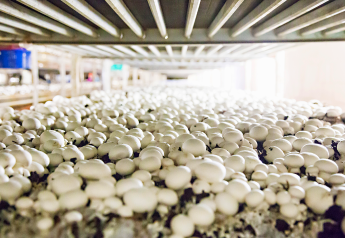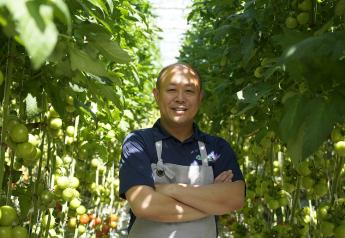Clearing Up H-2C Confusion

This year, Congress has an opportunity to enact an effective agricultural guestworker program. I have introduced the Agricultural Guestworker Act and fought to include it in the Securing America’s Future Act, immigration legislation pending in the House of Representatives.
The AG Act replaces the H-2A program with a guestworker program known as H-2C. This program will streamline access to a reliable agriculture workforce and protect farmers and ranchers from abusive lawsuits. It will also afford year-round agricultural operations access to additional labor when adequate domestic labor cannot be found. However, misconceptions about the H-2C program pervade discourse about the AG Act.
The AG Act offers experienced, unauthorized workers the ability to participate legally in the H-2C guestworker program. These workers will not have to return to their country of origin or be required to spend 45 days outside the U.S. before they are eligible to join. Rather, workers are merely required to leave the U.S. for a nominal period of time.
After entering the program and completing a full term of work, workers must accrue 45 days outside the U.S. or an amount equal to 1/12 of their stay, whichever is less, to qualify for a visa. This cuts the touchback requirement under current law by more than half. The bill also allows workers to accrue time toward their touchback during their work authorizations.
For workers choosing to adjust to a lawful status under the H-2C program the AG Act addresses the concern that workers might be prohibited from reentering the U.S. The bill allows workers to become pre-certified to join H-2C before traveling outside the country, and requires the Secretary of Homeland Security to provide them with a document authorizing their reentry.
Previously unauthorized farmworkers who participate in the new program will never count against the annual cap, and neither will H-2A and H-2B workers returning to their previous employers.
Understandably, some are worried about the availability of H-2C visas, but the existence of an annual cap on H-2C visas is misleading. My bill makes 450,000 H-2C visas available each year. Of these, 40,000 are for meat or poultry processing workers. The remaining 410,000 are for production agriculture.
Each year, no less than 450,000 visas will become available, regardless of how many H-2C workers remain in the U.S. This is important because all workers will be offered no less than a two-year visa, meaning the actual number of H-2C workers in a given year will be two or more times greater than the original number of 450,000.
Previously unauthorized farmworkers who participate in the new program will never count against the annual cap, and neither will H-2A and H-2B workers returning to their previous employers.
The AG Act includes an emergency safety valve that increases the number of visas by up to 10% automatically if the maximum is exhausted in a given year. The total number of visas issued then becomes the baseline for the next year. Agricultural businesses will not be required to use E-Verify until H-2C is up and running and authorized agricultural workers have had a chance to adjust to a legal status. Even then, the E-Verify requirement will only apply to new hires.
As each day brings us closer to a vote, I continue to listen to the concerns of the ag community to refine the details of this bill. But in order to get it enacted, we need ag employers and workers to support the AG Act’s inclusion in the Securing America’s Future Act.
Rep. Bob Goodlatte (R-Va.) is chairman of the House Judiciary Committee.







